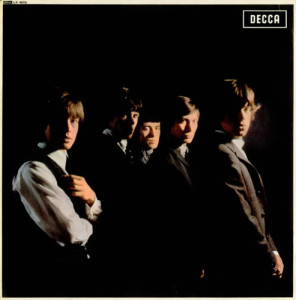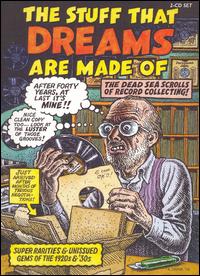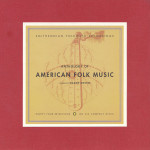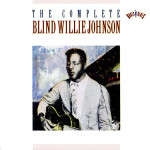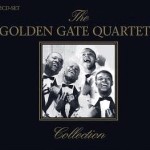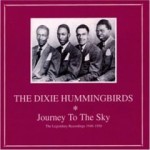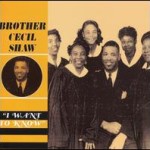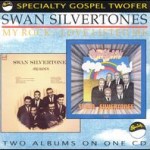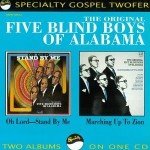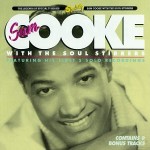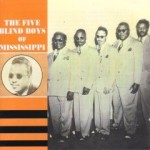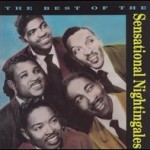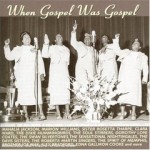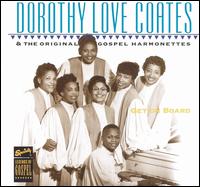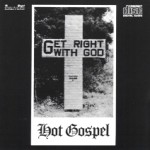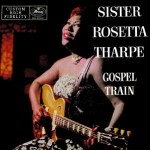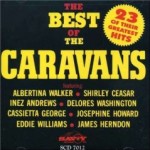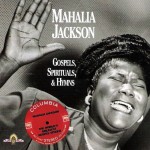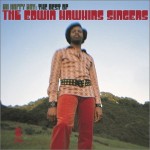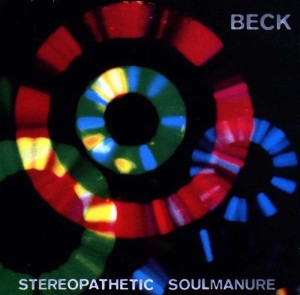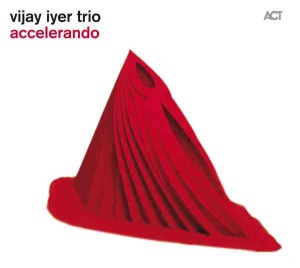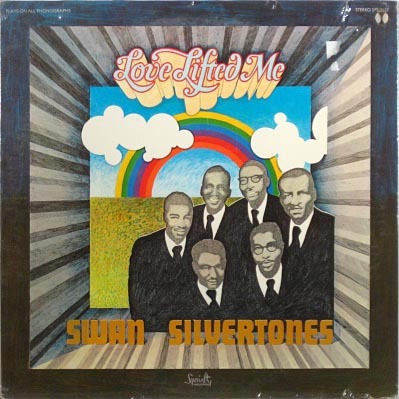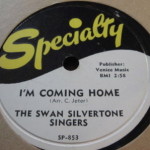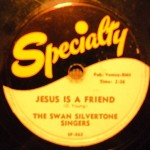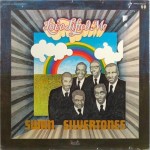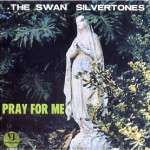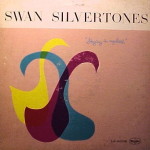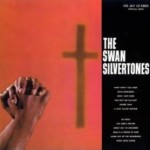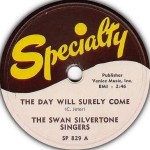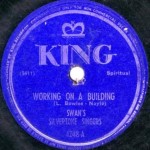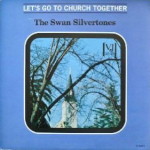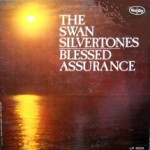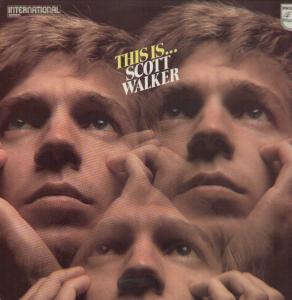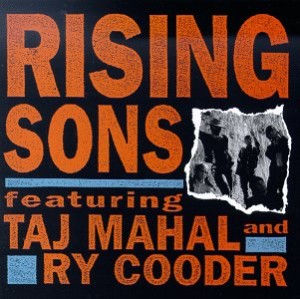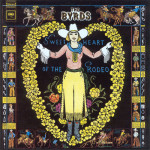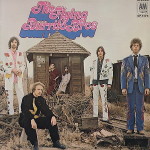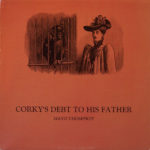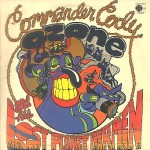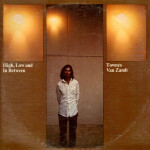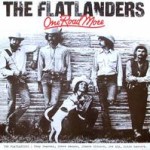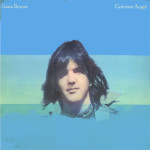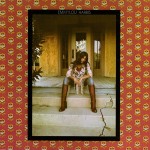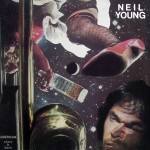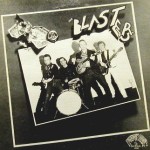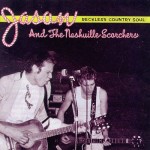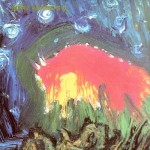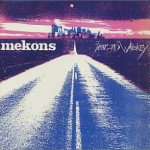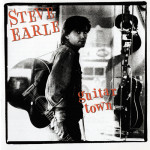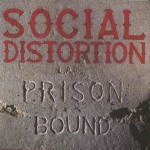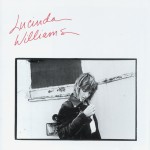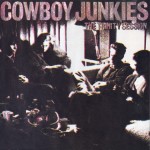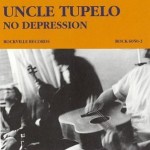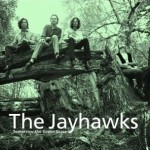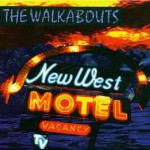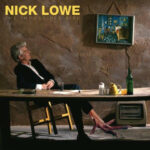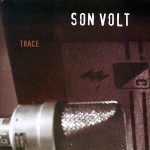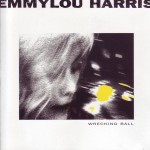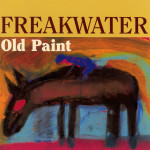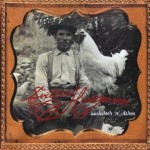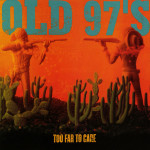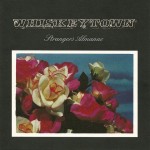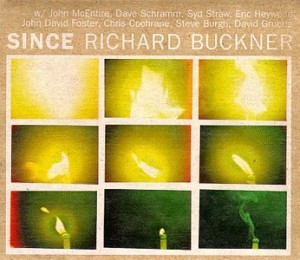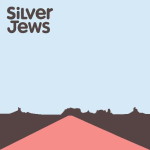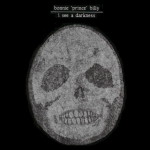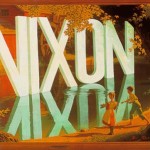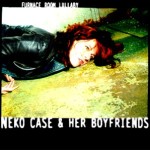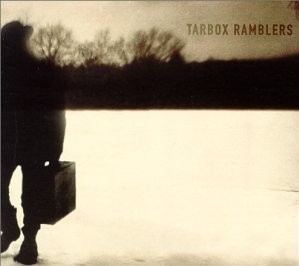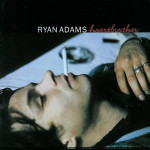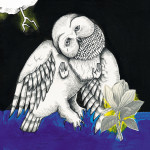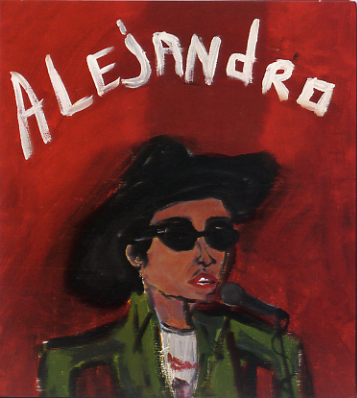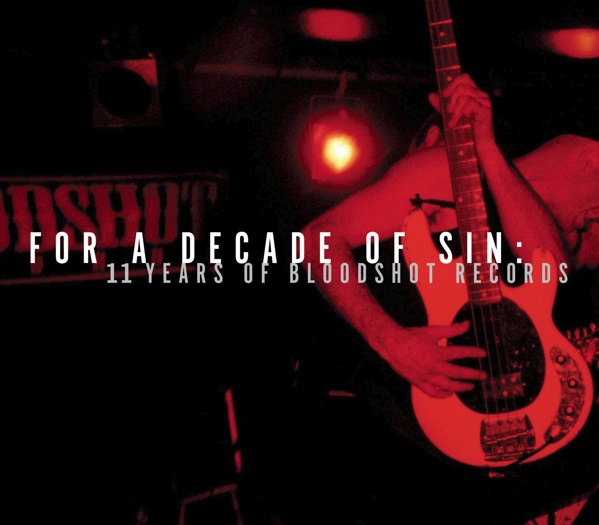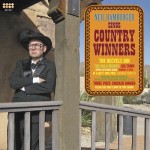 |
Although not exclusively “insurgent country” in sound, The Blasters were part of the earliest efforts to bring the energy of punk together with country music. Many L.A. groups were involved with the evolution of the music. American Music was one of the first examples of a recording you could start to clearly differentiate from country rock. |
 |
|
 |
Further efforts to explore country music alongside punk and psychedelic influences. |
 |
Punk legends the Mekons delved into what some call “cowpunk”. |
 |
Sort of the curmudgeon of the genre, Steve Earle also is frequently cited as one of its best songwriters. After some substance abuse problems, he bounced back in the 1990s during the heights of the movement (I Feel Alright, etc.). |
 |
Not as talented as songwriters or performers as many other alt-country types, Social Distortion still did connect a lot of punk rockers with country influences. |
 |
Lucinda Williams was one of the more critically acclaimed singer-songwriters of the golden age of alt country. Her self-titled album from 1988 helped introduce country trappings to a “college rock” audience; later albums like Car Wheels on a Gravel Road (1998) were even better. |
 |
Insurgent/alt country was for the most part under the radar through the 1980s. But Cowboy Junkies definitely raised its profile. The more pop leanings of the group helped in that regard. |
 |
Although by no means the group’s best album (that would probably be Anodyne), No Depression really was the clarion call for the golden age of insurgent country. Band members Jeff Tweedy and Jay Farrar later went on to form other influential groups. The name of the album comes from a song (“No Depression in Heaven”) popularized by The Carter Family, and the leading magazine of the genre took the same name. From this point on there was no denying that there was a broad and distinct “insurgent country” movement underway. |
 |
The Jayhawks were one of the more polished alt country groups. Like The Blasters, their interests went beyond just country, but The Jayhawks had a more mellow pop sound. |
 |
|
 |
|
 |
Jay Farrar started Son Volt after the breakup of Uncle Tupelo, and carried on with a similar sound. |
 |
Emmylou moved away from Gram Parsons-style country rock toward more straight country in the 1980s, but then made a comeback within the insurgent country fold in the mid-1990s. |
 |
Freakwater focused on “old timey” country, with more modern lyrical sensibilities. |
 |
16 Horsepower played goth country. |
 |
Old 97s were one of the most loved insurgent country groups among audiences traditionally associated with “college rock”. They were capable of better songwriting than most. |
 |
Led by Ryan Adams, Whiskeytown brought smooth pop and “heartland” rock sounds into the fabric of country music, with a laid-back demeanor but still capable of rocking a little harder too. Adams went solo in short order. Strangers Almanac was one of the more accomplished album-length statements in the genre. |
 |
|
 |
Among the more left field alt country groups (a territory also inhabited by Calexico and others), Silver Jews were sort of like country plus krautrock. |
 |
Will Oldham, a/k/a Bonnie “Prince” Billy, was another of alt country’s oddballs. He makes clear the connections between that genre and indie rock. |
 |
[Various Artists]
Imperfect, but if you must have a sampler set this might satisfy you. |
 |
Lambchop are somewhat of an oddity, not clearly aligned with the insurgent country movement, but present throughout it. Kurt Wagner’s enigmatic vocals have made them a favorite of fans lucky enough to discover the group. |
 |
Neko Case arrived during the height of the insurgent country movement, and won over a lot of fans with her voice and songwriting. Her later material is more indie rock than country though. |
 |
A sometimes overlooked gem from sort of the tail end of the insurgent country golden age. |
 |
Though perhaps fame went to his head, Ryan Adams was surely among the better songwriters of the alt country world. Heartbreaker is indicative of much of the last throes of the golden age of alt country, with more slower tempos and torch songs. He would, however, still occasionally kick things up a notch, as he did later on Jacksonville City Nights, for instance. |
 |
As insurgent/alt country shifted further towards a twangy version of indie rock, few acts had the earnestness, pathos or songwriting abilities of Jason Molina and Songs: Ohia — a band that subsequently assumed the name of this album. |
 |
Alejandro Escovedo was named by insurgent country magazine No Depression as the musician of the decade in the 1990s. It’s a fitting title, as he was one of the most talented and consistent voices of the movement. His studio albums have tended to fall a bit short of the energy of his live performances, though Por Vida comes closest to the feel of his shows — which were hardly ever the same twice. It bears mentioning that one of Alejandro’s studio albums like Thirteen Years, Gravity, or A Man Under the Influence might be a better starting point though. |
 |
[Various Artists]
A look back from the leading record label of the movement. |
 |
A joke, surely, but a meta-joke above all. This is the country album William Shatner never made. |

